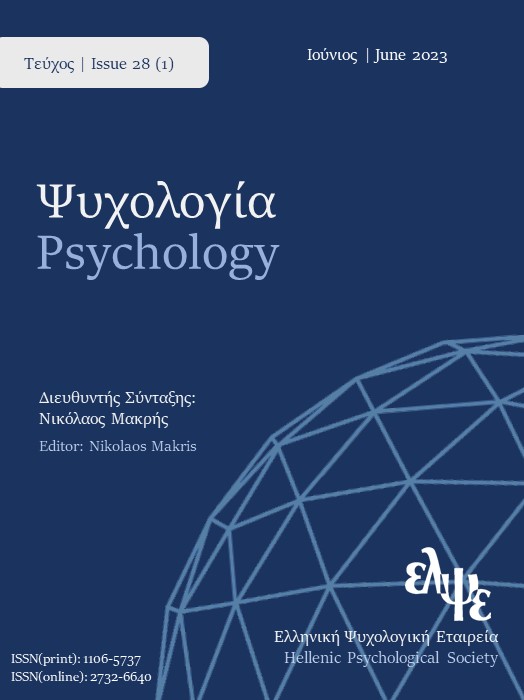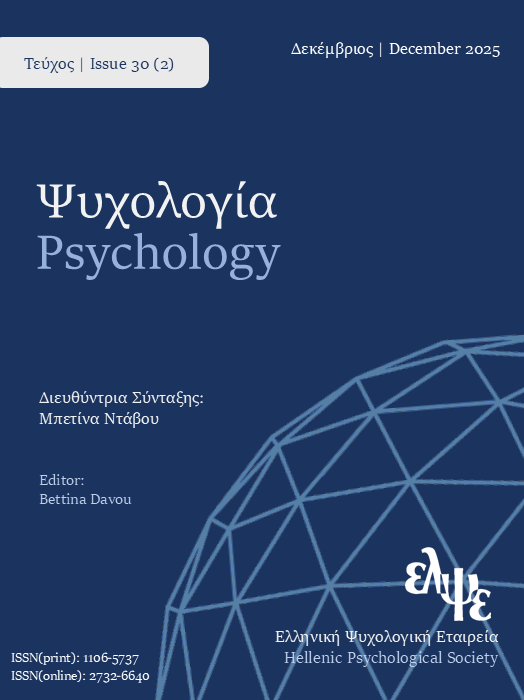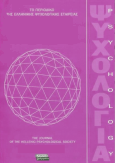Blind and constructive patriotism, collective narcissism and aggression against out-groups

Abstract
The present study examines the effects of different forms of national attachment – namely blind patriotism (unquestioned attachment to one’s country), constructive patriotism (critical approach to in-group practices for the improvement of the country, Schatz, Staub, & Lavine, 1999), and collective narcissism (unrealistic beliefs about the in-group’s “greatness”, Golec de Zavala, Cichocka, Eidelson, & Jayawickreme, 2009) – on support for aggressive acts against low (immigrants) and high status (Germans) out-groups, using data collected from a sample of 124 Greek men and women. Results showed that collective narcissism had indirect effects on support for aggressive acts against both immigrants and Germans, through its effects on blatant and subtle prejudice (Pettigrew & Meertens, 1995). Blind patriotism had both direct and indirect effects (through blatant prejudice) on support for aggressive acts against immigrants only, while constructive patriotism had a direct negative effect on support for aggressive acts against Germans only. The discussion focuses on how these different forms of
national attachment affect intergroup relations, depending on out-group status.
Article Details
- How to Cite
-
Χαντζή Α., & Τσαντίλα Κ. (2020). Blind and constructive patriotism, collective narcissism and aggression against out-groups. Psychology: The Journal of the Hellenic Psychological Society, 21(3), 286–302. https://doi.org/10.12681/psy_hps.23281
- Issue
- Vol. 21 No. 3 (2014)
- Section
- SPECIAL SECTION

This work is licensed under a Creative Commons Attribution-ShareAlike 4.0 International License.
The journal PSYCHOLOGY adopts a Platinum open-access policy. Submission, processing or publication costs are waived by the Hellenic Psychological Society. Papers published in the journal PSYCHOLOGY are licensed under a 'Creative Commons Attribution-ShareAlike 4.0 International' licence. The authors reserve the copyright of their work and grant the journal the right of its first publication. Third-party licensees are allowed to use the published paper immediately after publication as they wish, provided they retain the defined by the license copyright formalities, regarding the reference to its author(s) and its initial publication in the journal PSYCHOLOGY. Moreover, any adjusted work should be shared under the same reuse rights, so with the same CC license.





